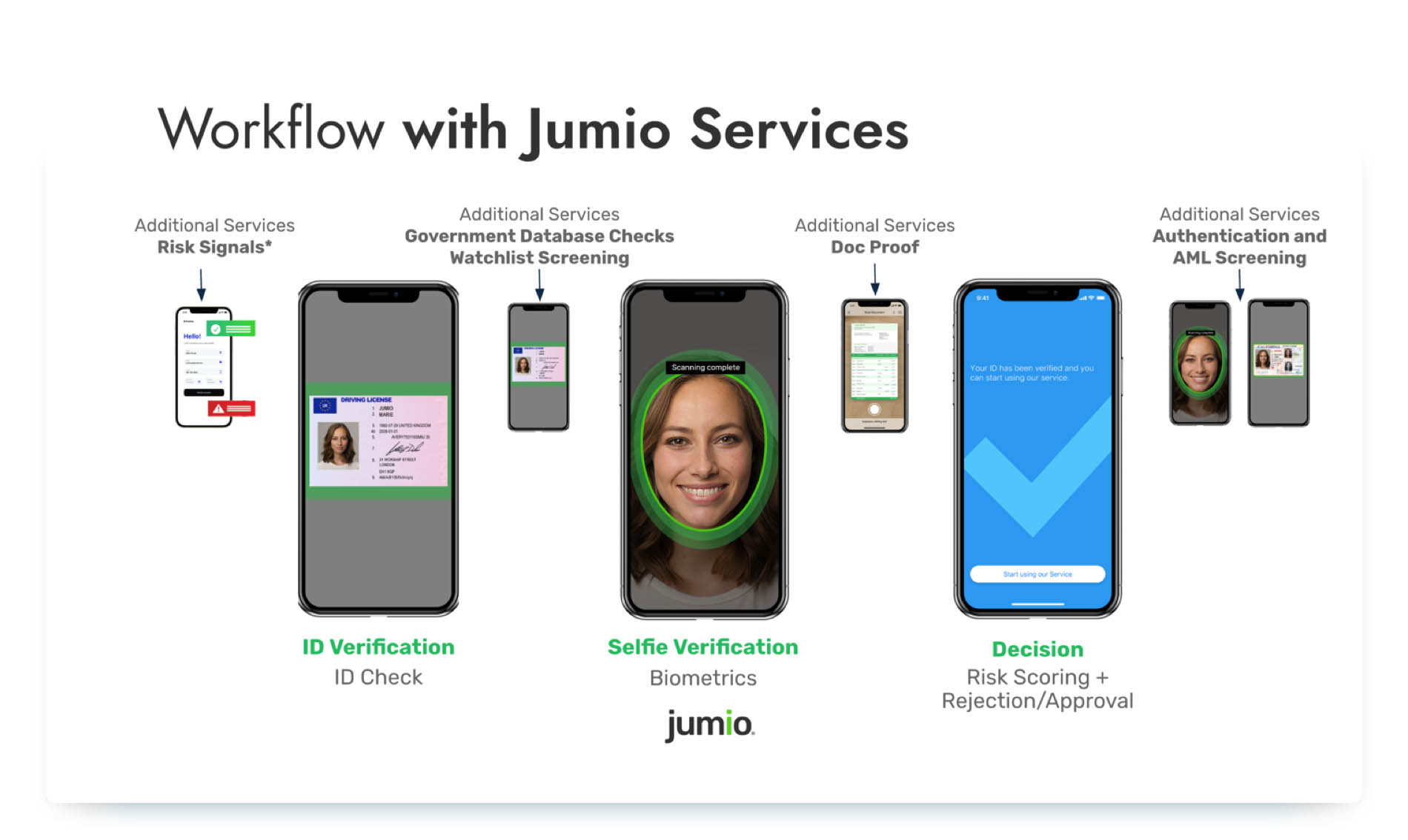
6 min read • September 3, 2025
With the clever use of artificial intelligence (AI), carsharing and bikesharing providers can increase their efficiency, reduce operating costs, and improve user satisfaction. Learn more about why AI makes sense in the sharing business and existing areas of application - from damage management to customer support.
Education
Artificial intelligence (AI) has become essential for shared mobility providers such as carsharing and bikesharing operators, enabling them to remain competitive in a market defined by tight margins, high complexity, and staff shortages. By automating critical processes, AI improves efficiency, reduces costs, and enhances the user experience across multiple areas: real-time damage detection minimizes downtime and strengthens customer trust; smoke detection ensures rule compliance and lowers cleaning expenses; AI-powered chatbots streamline customer service while freeing staff for complex cases; automated identity verification accelerates onboarding and prevents fraud; intelligent fleet management optimizes vehicle distribution, maintenance, and charging; and advanced fraud prevention systems detect suspicious behavior before losses occur. Together, these applications make AI not just a tool but a strategic necessity - supporting scalability, profitability, and long-term sustainability in shared mobility.
Carsharing and bikesharing providers operate in a dynamic market with high competitive pressure and tight margins. In this environment, artificial intelligence (AI) is increasingly evolving from a helpful tool to a strategic success factor.
This is because AI helps to automate processes and reduce operating costs while significantly improving the customer experience. Efficiency and automation increase employee satisfaction and provide relief where there is a shortage of staff or high turnover - for example, in unpopular areas such as claims management.
Intelligent systems for identity verification or fraud detection also strengthen security and trust - both on the part of the provider and the users.
It is automation, primarily supported by AI, that makes scalability in a complex operation possible in the first place. This is because an increasing number of vehicles, locations, or customers can hardly be managed without automated processes, or only with a high investment of time and personnel.
In light of these aspects, especially in relation to the shortage of personnel in many places, AI is not only useful for sharing providers, but indispensable - economically, operationally, and strategically. Those who use AI correctly will be more profitable in the long term.
Damage management is a key issue for sharing providers—both from a business and customer perspective. Traditionally, it involves a high level of manual effort: according to the German Federal Association for Business Mobility, fleet managers spend almost a third of their working time on damage management.
Traditionally, damage is first reported by users, documented retrospectively, and difficult to trace. Frustration on the part of both users and the provider's employees is not uncommon. Artificial intelligence can fundamentally improve this process.
Modern damage detection systems use sensors (e.g., acceleration, vibration, acoustics) and combine them with AI algorithms for automatic detection and classification of damage—for example, due to collisions, vandalism, or improper use. As soon as potential damage is detected, it is recorded in real time, localized, and reported to fleet management. This allows incidents to be quickly investigated, automatically assigned to users, and necessary steps (e.g., vehicle immobilization or repair order) to be taken immediately.
The use of AI in damage management leads to reduced downtime, faster maintenance, and greater transparency in customer dialogue - thereby not only reducing costs but also strengthening user confidence in the service.

carvaloo
The carvaloo software solution covers the entire process from incident to damage report and is based on advanced AI to assign damage to the driver responsible. The key to this is the combination and automated evaluation of intelligent motion and image data.
Bosch RideCare
Bosch, the world's largest automotive supplier, has developed Bosch RideCare, a solution that specializes in detecting minor, often undetected damage. With the help of AI, vehicle data is analyzed in real time and any anomalies are automatically forwarded to the fleet operator's backend.
Smoking in shared vehicles is a problem for many sharing providers - not only because of the smell, but also for hygienic and contractual reasons. With AI-supported smoke detection, it is now possible to reliably detect violations.
With the help of specialized sensors - for measuring particulate matter, gases, or temperature changes, for example - AI can distinguish between normal use and the consumption of cigarettes or e-cigarettes. The algorithms analyze patterns in real time, filter out false alarms, and automatically document the incident. This provides objective evidence of when, where, and how long smoking took place.
For providers, this means significantly better enforceability of usage rules, less cleaning effort, and greater comfort for non-smoking customers. At the same time, the system can have a deterrent effect, thereby improving compliance with the rules in the long term.
INVERS, a manufacturer of telematics units for shared vehicles, has developed an add-on module for smoke detection that can be easily combined with the Cloudboxx. The AI-supported smoke detection solution detects incidents in real time, provides reliable evidence, and automates workflows related to warnings and fines.
Bosch RideCare also offers smoke detection in the vehicle as an additional feature in most vehicle models.

When questions or even problems arise, users of sharing services expect fast, uncomplicated help - around the clock. Especially with a growing fleet and number of users, the support team's email inboxes and hotlines quickly reach their limits. Artificial intelligence provides a remedy with automated, scalable, and adaptive customer service solutions.
Modern chatbots and voicebots can immediately handle common issues such as booking problems, billing questions, vehicle activation, or damage reports - without any waiting time. Through natural language processing (NLP), they understand free text, learn with each interaction, and can transfer to human agents if necessary. This keeps customer service in car sharing and bike sharing efficient and personal at the same time.
The use of AI in customer service leads to faster response times and thus higher customer satisfaction. At the same time, internal personnel costs are reduced: your customer support staff are relieved of a huge burden and no longer have to deal with recurring inquiries on a daily basis, but can instead devote more time to exceptional and urgent cases.
In addition, interaction analysis provides valuable insights into user needs that can contribute to the optimization of apps, fleets, or processes.
At MOQO, we have been using a chatbot in customer service for over three years. Thanks to continuous development and improvements, it is now able to satisfactorily answer 85% of incoming customer inquiries. This has led to a noticeable reduction in workload and increased employee satisfaction, as they can now focus on critical or special individual cases instead of repetitive questions.
“I think that a chatbot or the use of AI in customer service is a very good way to reduce manual work and help customers really quickly. Especially for frequently asked questions or simple requests, a well-developed bot can save a lot of time and significantly improve accessibility.”
Luisa Mangen, Customer Success Manager at MOQO
In our experience, what matters is a well-thought-out bot structure, regular updates, and close coordination with actual customer needs. This ensures that the chatbot does not cause frustration, but rather offers real added value.

Secure user identification is essential for sharing provider - whether for driver's license checks, fraud prevention, or compliance with legal requirements. However, traditional manual verification processes, whether online or on-site, are time-consuming, error-prone, and difficult to scale. AI-based identity checks offer an efficient and secure alternative.
Automated solutions with AI allow users to upload their ID documents directly in the app and verify them via selfie video. In a fraction of a second, the AI checks features such as holograms, light behavior, fonts, and biometric matches. It also detects potential manipulations or deepfakes.
The result: fast, secure, and seamless onboarding for users, even when demand is high. At the same time, the risk of identity fraud, account sharing, or misuse is significantly reduced for providers.
Jumio automates identity verification in the onboarding process for sharing users and uses AI-powered software to decide whether to approve or reject a user in near real time.
In the first step, Jumio scans an official ID document and verifies it using computer vision, a branch of AI that enables machines to understand and interpret images. Users then take a selfie, which Jumio checks to see if it matches the ID photo and if the person is actually physically present and not a deepfake. In the final step, the system evaluates all the collected data together with available risk signals to complete the verification.
Efficient fleet management is the backbone of any sharing service. Vehicles must be in the right place at the right time, function perfectly, and be used as continuously as possible. With growing fleet sizes and increasing demand volatility, this becomes almost impossible to manage manually.
AI-supported systems analyze location data, usage behavior, weather forecasts, and historical demand in real time to dynamically control vehicle availability, maintenance, and redistribution. This allows rebalancing trips to be planned in a targeted manner, bottlenecks to be anticipated, and downtime to be minimized. Charging planning for electric vehicles and maintenance cycles can also be optimized automatically.
Fleet managers are relieved of some of their workload, can efficiently automate recurring tasks, and make better decisions based on all available data. Ultimately, artificial intelligence in fleet management supports higher utilization, lower operating costs, and a better user experience.
Zipcar, one of the world's largest carsharing providers, works with the Autofleet fleet management system to manage its fleet more efficiently. Autofleet automates rebalancing, maintenance, and cleaning based on actual demand rather than fixed intervals. AI and machine learning technologies are also used for this purpose.
As a result, Zipcar reports reduced expenses, for example in relation to cleaning, increased NPS scores, and reduced idle and downtime. In Washington DC, for example, Zipcar observed a reduction in vehicle downtime of over 70%. This is significant because every minute of downtime is associated with costs and lost revenue.
More about Zipcar and Autofleet →
Fraud cases such as identity fraud, manipulated payment methods, account sharing, or wilful damage not only incur high costs, but also potentially jeopardize the trust of “good” users. AI-based systems help to detect fraud early and automatically, thereby preventing it before damage occurs.
Modern fraud detection solutions continuously analyze transaction data, user behavior, and device information. Machine learning is used to identify patterns that indicate suspicious activity, such as unusual usage times, location deviations, multiple payment attempts, or parallel logins. The systems dynamically adapt to new fraud patterns, enabling effective, scalable risk assessment in real time.
This results in fewer payment defaults, greater security, and a smooth user experience. For providers, AI is therefore an essential tool for minimizing losses and keeping their offerings trustworthy and stable in the long term.

Jumio's combination of machine-assisted document verification, biometrics, and liveness detection makes it difficult for fraudsters to gain access using stolen identities.
The key point here is that Jumio does not verify individual transactions in isolation, but instead analyzes patterns across multiple transactions and operators. Thanks to AI, the system can identify discrepancies and detect fraud attempts that would probably have gone undetected if viewed individually and in isolation.

AI-powered tools are much more than individual improvements in operations—they are a central element of a comprehensive strategy that focuses on automation and lean processes. In a market with tight margins and increasing complexity, car-sharing and bike-sharing providers can only grow profitably in the long term if they consistently automate recurring tasks and intelligently control operational processes.
When used correctly, AI systems combine efficiency gains with a better user experience while also reducing the workload for employees. This makes them a strategic key to enabling scalability, controlling costs, and ensuring long-term competitiveness. Those who rely on AI-based automation today are laying the foundation for a profitable and sustainable sharing offering.
Read more: How autonomous driving might affect carsharing in the future →